Care Lives Here

Urgent Care
For sprains, stitches, injuries, and anything else that can’t wait, choose CityHealth Urgent Care.

Primary Care
Bay area residents, join our waitlist for primary care opening soon in San Leandro & Oakland.

Virtual Care
Connects patients with providers over a secure online video connection. It’s the care you need, from anywhere you are.

Dermatology
Skin isn’t just about looking (and feeling) good – your skin is your largest organ and the best indicator of your overall health and wellness. Cosmetic & Medical Dermatology Available

COVID Care
CityHealth offers a variety of fast and accurate COVID testing options at our local clinics. Treatment is also available and delivered virtually from the comfort of home.

STI
Regular STI screenings are an important part of your sexual health because they protect you and your partners from getting sick.
We Accept Most Insurance
Great healthcare should be easy to get and easy to pay for. We offer transparent cash pricing and are in-network for most insurance providers.
Provider Roster
Get Started with Business Solutions
Chat with a friendly CityHealth rep to learn more about our custom hospitality packages available for your hotel, venue, event or group healthcare needs.
CA Locations
Primary Care
Clinic
Montclair Village
1970 Mountain Blvd, Oakland, CA 94611
M-F 9:00am – 7:00pm PST
Sat-Sun 9:00am – 5:00pm PST
Urgent Care
Center
Downtown San Leandro
201 Dolores Ave, San Leandro, CA 94577
M-F 9:00am – 7:00pm PST
Sat – Sun 9:00am – 5:00pm PST
Montclair Village
1970 Mountain Blvd, Oakland, CA 94611
M-F 9:00am – 7:00pm PST
Sat-Sun 9:00am – 5:00pm PST
Dermatology
Speciality Clinic
Downtown San Leandro
201 Dolores Ave,
San Leandro, CA 94577
Montclair Village
Tuesdays 9am-7pm PST
Thursdays 8am-5pm PST
Respiratory & Covid-19
Test Centers














